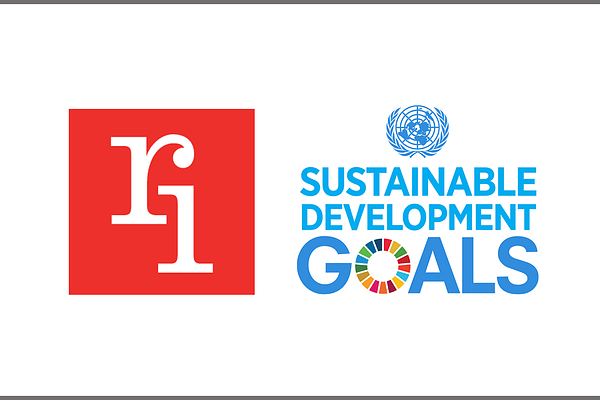In the following Forbes op-ed, Dr. Bob Eccles discusses his analysis of industry-specific influence on achieving the Sustainable Development Goals (SDGs). With Professor Gianni Betti of the University of Sienna, their findings show the healthcare sector–comprised of pharmaceuticals, biotechnology, medical equipment and healthcare delivery among others–is one of the top three most widely important industries for the SDGs, playing an important role in achieving five of the seventeen SDGs. Hoping such analysis can be useful to in investment decision-making, they recognize the unevenness of private sector opportunity across sectors and the risk this poses to universal owners. From the op-ed:
“None of the SASB issues are relevant to Target 13.3 (Improve education, awareness-raising and human and institutional capacity on climate change mitigation, adaptation, impact reduction and early warning.) This illustrates that there are some SDG targets where the private sector cannot play a meaningful role and the entire burden will lay on the public sector.
“This materiality-based analysis of SDG impact can be useful to investors as well. The investment community, perhaps even more than the corporate community, sees the SDGs as opportunities for value creation. It is also concerned with the systemic degradation that will result if the SDGs are not achieved. The very large asset owners and asset managers are “universal owners” who cannot diversity away from system-level risk, the issue The Investment Integration Project is focused on. While there are clearly investment opportunities in companies whose products and services are directly relevant to the SDGs, such as those in renewable energy and water conservation, investors also want to know if all of the companies in their portfolios, particularly the largest ones, are making the world a better place or making it worse. By knowing which of a company’s material issues are relevant to which SDG targets and knowing the company’s performance on these issues, investors can make this assessment.”
Read more here.



